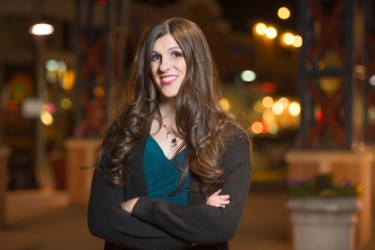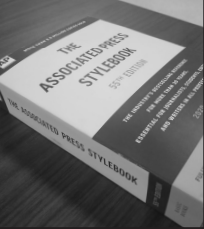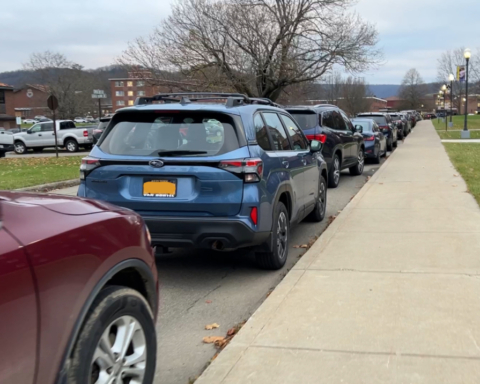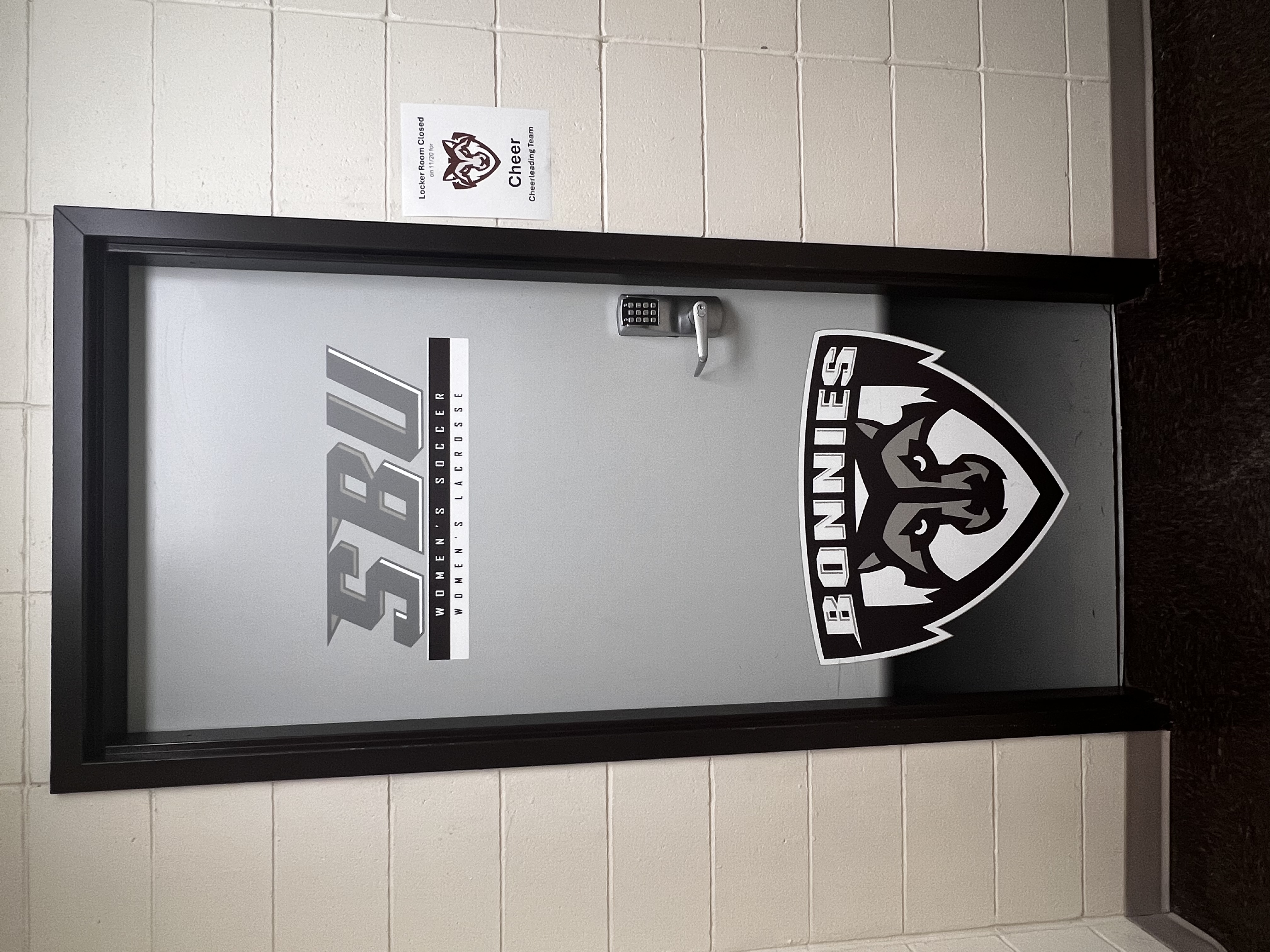By Julia Mericle
Editor-In-Chief
Danica Roem, ’06, has changed a lot since she entered St. Bonaventure University as a freshman.
Her first semester of college, she had a 1.1 GPA and spent more time attending heavy metal concerts than doing homework. She was also a “he” named Dan back then.
Today, Roem is running for the 13th district of the Virginia House of Delegates. Her platform addresses the three main issues of transportation, economic development and education in the city of Manassas Park and Prince William County. She marks the first transgender person to run for the Virginia General Assembly.
As an 18-year-old living in Falconio Hall, and later Francis Hall, Roem admitted to barely doing any homework the entire semester, even failing University 101.
“That is a pretty special accomplishment when you fail University 101,” Roem said. “You just have to read ‘Tuesdays with Morrie,’ and that’s it. Well, I didn’t even do that.”
However, after being required to take place in the academic restoration program, she turned that around her second semester, raising her GPA to a 3.48 and making the dean’s list. That potential for success was something her professors in the Jandoli School of Communication seemed to see all along.
As a student journalist, Roem was tenacious and persistent, according to Denny Wilkins, a journalism professor.
“[Roem] is wired into the political machine and understanding the political machine in ways that I never did as someone who spent 20 years writing about politics,” said Wilkins, who has invited her back into his classroom to speak to students since her graduation.
Roem gave credit to her professors at Bonaventure and her time working at WSBU The Buzz for guiding her on the path towards this candidacy. The position as news editor at The Buzz led her to freelance for a local paper in Virginia, where she interviewed all three candidates who were running for governor that year (2005), she said. One of those candidates was Sen. Tim Kaine, who spent the last year as Hillary Clinton’s running mate in the presidential election.
“The reason I had the credibility to interview him and his two challengers for governor in 2005 was because of my time at St. Bonaventure, because of my time at the Jandoli School of Journalism,” Roem said. “I was well-prepared in my research and well-prepared in the questions that I had.”
Patrick Vecchio, a retired journalism professor, said Roem is the sort of journalist we need more of. She has her priorities straight and works on behalf of people who don’t have political connections and whose voices are often overlooked, he said.
Roem displayed this attitude, saying she is working to make Virginia a more inclusive commonwealth.
“That means that we don’t single out and stigmatize our own constituents for what they look like, how they worship, where they come from or who they love,” Roem said.
Conversely, she pointed out that Delegate Bob Marshall, who she is running against, has filed four bills that are meant to harm people from the LGBTQ+ community this year alone, including laws that focus on restrooms, rather than the issues like transportation that Roem finds more pressing.
“Basically, he is more concerned with where I use the restroom than how his constituents get to work,” Roem said. “I’m arguing that, in this case, his priorities are misplaced and that as I’m running here, I want to focus on infrastructure, on economic development, on education. This way we are able to focus on common ground issues and we are not stuck fighting about whether to discriminate against our own citizens. That to me is wrong.”
Roem said her intention in running for the House of Delegates is to win, but, if nothing else, she hopes her candidacy will give hope to other transgender people, or anyone who might feel hopeless.
“By even getting into the race, what I hope I am able to do on a more national level, what I hope I am able to do for Bonnies all across the country, is I hope they can see my candidacy and think to themselves that ‘I can succeed because of who I am, not despite who I am’,” Roem said.
During her time at Bonaventure, Roem explained her struggle with gender dysphoria as “suffocating.” Sometimes she would stay in her dorm room for two days at a time without leaving to avoid being seen. During her four years at Bonaventure, Roem said societal culture was not as accepting of LGBTQ+ people, specifically transgender people.
Looking back on the experience, Roem said she underestimated the character of the friends she made at Bonaventure. Upon coming out to them, she said she didn’t lose a single friend and was received with support and understanding.
The university has made a lot of progress in the acceptance of the LGBTQ+ community since the days when Roem attended the first Spectrum, Bonaventure’s gay-straight alliance, meeting, she said.
“I am really, really proud of where St. Bonaventure is now as compared to when I was an undergrad,” Roem said. “I loved it there, but I didn’t feel safe enough to come out. I wonder now if I was 18 years old and I was at Bonaventure whether I would feel safe enough and whether I would feel secure enough to do it.”
Wilkins noted Roem’s bravery in coming out as a transgender person and said everything he knew about Dan is still inside Danica.
“When it comes to public policy, politics and journalism,” Wilkins said. “That doesn’t know any gender.”
mericlje13@bonaventure.edu









